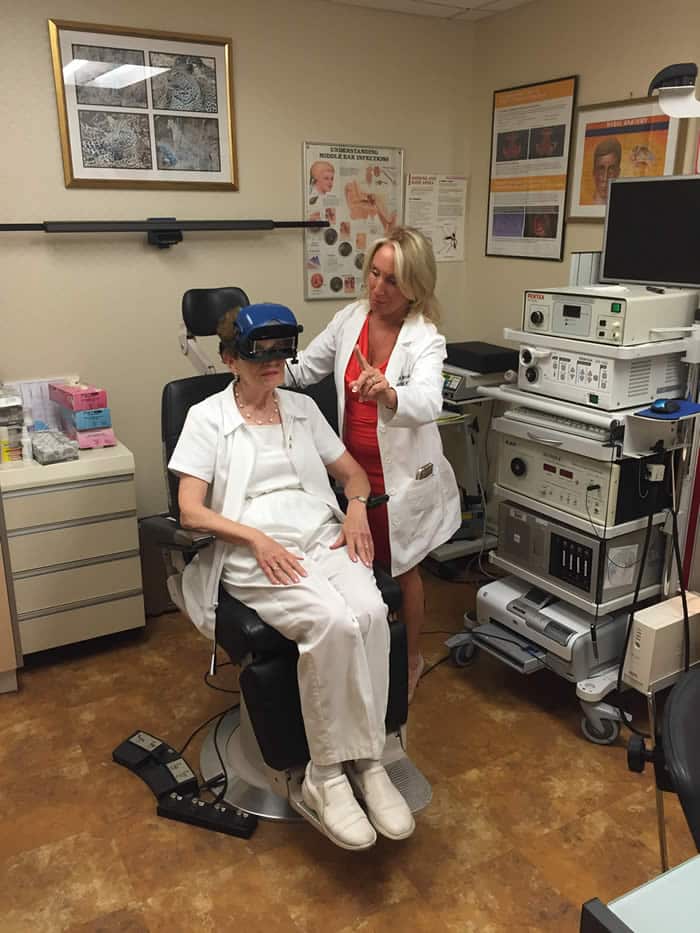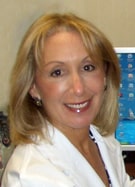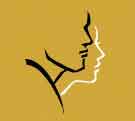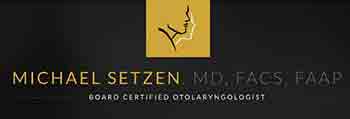Marcia L. Anderson, Au.D, FAAA, CCC-A
Dr. Marcia L. Anderson is a board certified Doctor of Audiology and Director of Audiology at Michael Setzen Otolaryngology, PC. She has a Doctor of Audiology (Au.D.) degree from A.T. Still University – Arizona School of Health Sciences, a Master of Arts with Distinction in Audiology and a Bachelor of Arts degree Cum Laude in Speech and Hearing from Hofstra University. She is a N.Y.S. licensed audiologist and has a N.Y.S. Permanent Certification as a Teacher of the Speech and Hearing Handicapped K-12. She is trained in (TRT) Tinnitus Retraining Therapy. Dr. Anderson is a fellow of the American Academy of Audiology, maintains her Certificate of Clinical Competence (CCC-A) from The American Speech-Language-Hearing Association (ASHA), and is board certified by the American Board of Audiology (ABA).
Her extensive experience includes over 30 years of providing audiological services to the pediatric through geriatric population in the Manhasset, Great Neck and Roslyn communities. Dr. Anderson has worked with Dr. Setzen in his private practice since 1982, providing diagnostic testing for hearing assessment, balance and dizziness disorders and tinnitus, as well as related counseling to individuals and families. She has been the Consulting Audiologist to St. Francis Hospital in Roslyn since 1978.
Dr. Anderson has trained and supervised audiology students as well as other audiologists in advanced methods and technology, designed an interactive computer program to help teach audiology students in the university setting, has authored articles on brief tone audiometry, and been on a cable television health series discussing hearing disorders. She continues to maintain the highest quality of service by attending continuing education courses, workshops and seminars.
Audiology Services
Dr. Anderson uses state-of-the-art equipment to provide complete audiological evaluations to assess hearing nerve function, middle ear and Eustachian tube function. Testing may include standard audiometric testing, speech audiometry, high frequency testing, otoacoustic emissions testing (OAE) and Impedance testing including tympanometry and acoustic reflex testing.
 Hearing Test
Hearing Test Balance Testing
Balance TestingVideonystagmography (VNG) or Electronystagmography (ENG) testing are performed to assess a patient with symptoms of dizziness, balance problems, or vertigo. Electronystagmography (ENG) and Videonystagmography (VNG) are methods of examining that portion of the inner ear (vestibular system) which governs the sense of balance or equilibrium. The difference between ENG and VNG lies in the manner in which eye movements are recorded and Dr. Anderson determines which method is best to use for each patient. To measure the movements of the patient’s eyes to detect nystagmus (rapid involuntary eye movements), electrodes are placed on the forehead and outer corners of the eyes for ENG and for VNG video goggles with infra red cameras are used. VNG or ENG is really a group of tests. During testing, the patient sits in a comfortable chair and performs several visual tasks, is positioned into different body positions. The last test consists of stimulating the balance system by introducing a small amount of air into the ear. The test takes approximately 1-1/2 hours.





